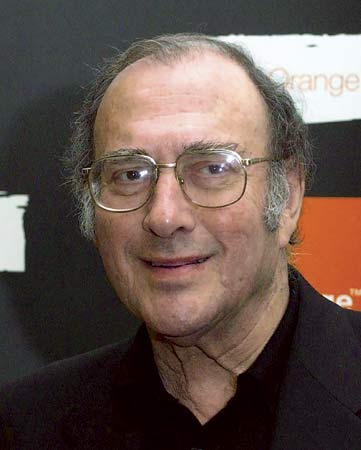British playwright Harold Pinter is dead
 London - Leading British playwright Harold Pinter, a dominant figure in postwar British theatre, died on Christmas Eve in London aged 78, his wife said Thursday.
London - Leading British playwright Harold Pinter, a dominant figure in postwar British theatre, died on Christmas Eve in London aged 78, his wife said Thursday.
The London-born author, director, actor and poet had become widely known for the sarcasm and moral vigour that inspired his work over more than 50 years.
His best-known works include The Birthday Party, The Caretaker and Betrayal, plays that generated the dramatic category of "Pinteresque."
Pinter was well-known for his left-wing political views and was a vociferous critic of US and British foreign policy.
He called former prime minister Tony Blair's 2003 invasion of Iraq a "bandit act of blatant state terrorism" and condemned the NATO bombing of Serbia and Afghanistan.
His wife, the historian Antonia Fraser, said Thursday it had been a "privilege" to live with Pinter for more than 33 years.
"He was a great ... he will never be forgotten," she said.
Pinter was given the Nobel Prize for Literature in 2005, but was too ill to collect the award in person. He used his acceptance speech, broadcast by video-link to the Swedish Academy, for a devastating attack on US foreign policy.
Michael Billington, Pinter's friend and biographer, said the writer was a great man as well as a great playwright. Pinter would be remembered "above all as a man of generosity," said Billington, a well known theatre critic.
The BBC's Creative Director Alan Yentob described Pinter as a "unique figure in British theatre," which he had dominated since the 1950s.
Sunday Telegraph theatre critic Tim Walker said of Pinter: "This was a man who had plays with long silences, where characters did not always go anywhere - very much like real life. He brought a realism to the business."
Pinter was born in Hackney, east London, in 1930, as the only son of immigrant Jews. His childhood was interrupted by the outbreak of the war in 1939 when he was evacuated to rural Cornwall.
He was 14 before he returned to the capital, by which time he had developed a love of the works of Franz Kafka and Ernest Hemingway. In 1949, he was fined by magistrates for refusing to complete his National Service. (dpa)